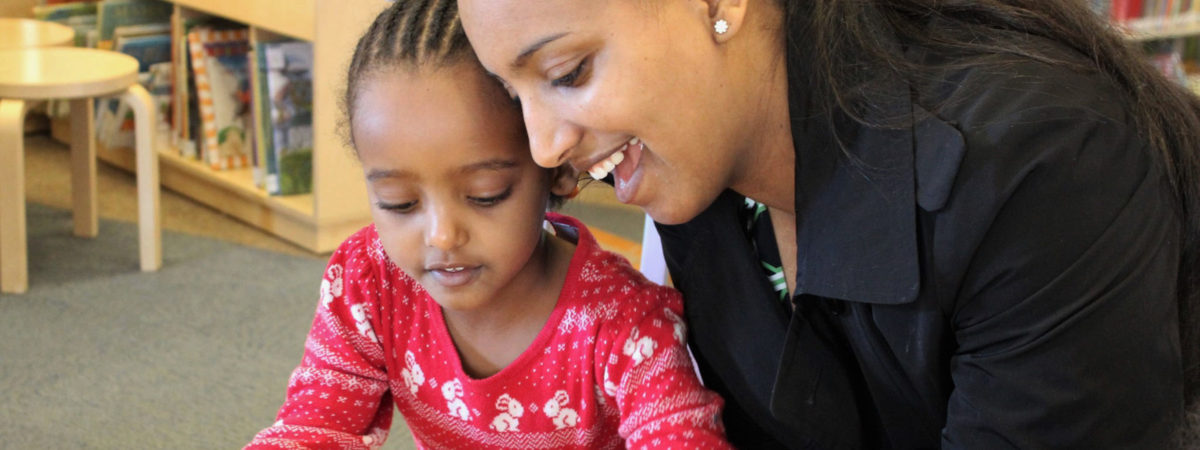
August 12, 2020 | By Carly Chillmon and Sierra Noakes
How can edtech companies expand their focus from district administrators and classroom educators to better understand families’ needs during and after the COVID-19 pandemic? And what resources are available to help families navigate the deluge of edtech products?
In a recent EdWeek Market Brief webinar, presenters discussed survey and interview findings regarding parents and caregivers’ edtech needs at this time. They identified two major areas of need:
Most caregivers feel overwhelmed and tired. Conversations with friends consistently reaffirm the point that families do not feel equipped to take on learning as a primary home activity. One friend joked, “Where’s my parent CliffsNotes? I don’t remember the context of what math should be for a first grader”—much less with the involvement of apps! And which app to choose is also a heightened concern.
We’ve been in crisis mode for months. Now, we need to move from making sure the boat doesn’t sink to designing a new boat that meets the needs of diverse learners in multiple environments that families can access and readily understand. As parents and caregivers grapple with remote learning and the uncertainty of “back to school,” there’s a demand and need for credible resources and tools.
One of the challenges in the spring was the influx of apps and products that were thrown at families. Parents and caregivers grew tired of unclear messages intended to help that often led to frustration and disillusionment with online learning. This bombardment often left families feeling exhausted by the noise and not having the energy or time to figure out which products were designed for learning. With the abundance of products out there, families could benefit from a concise, focused tool that allows parents to figure out what matters. Be specific: you have a first grader learning math? Try this research-based tool.
Product certifications can be one step in helping families sift through the noise.
These certifications will not support caregivers managing student logins while videoconferencing for work, or remind you what the Pythagorean theorem is, but they can offer a starting place for selecting tools designed for learning.
Sign the Product Promise to share your commitment to research-based edtech design to support powerful learning. We’d love to hear from parents and caregivers about what product certifications you would like to see in the future. Please share your ideas with us!
By AJ Foster and Babe Liberman
By Josh Weisgrau and Teresa Solorzano